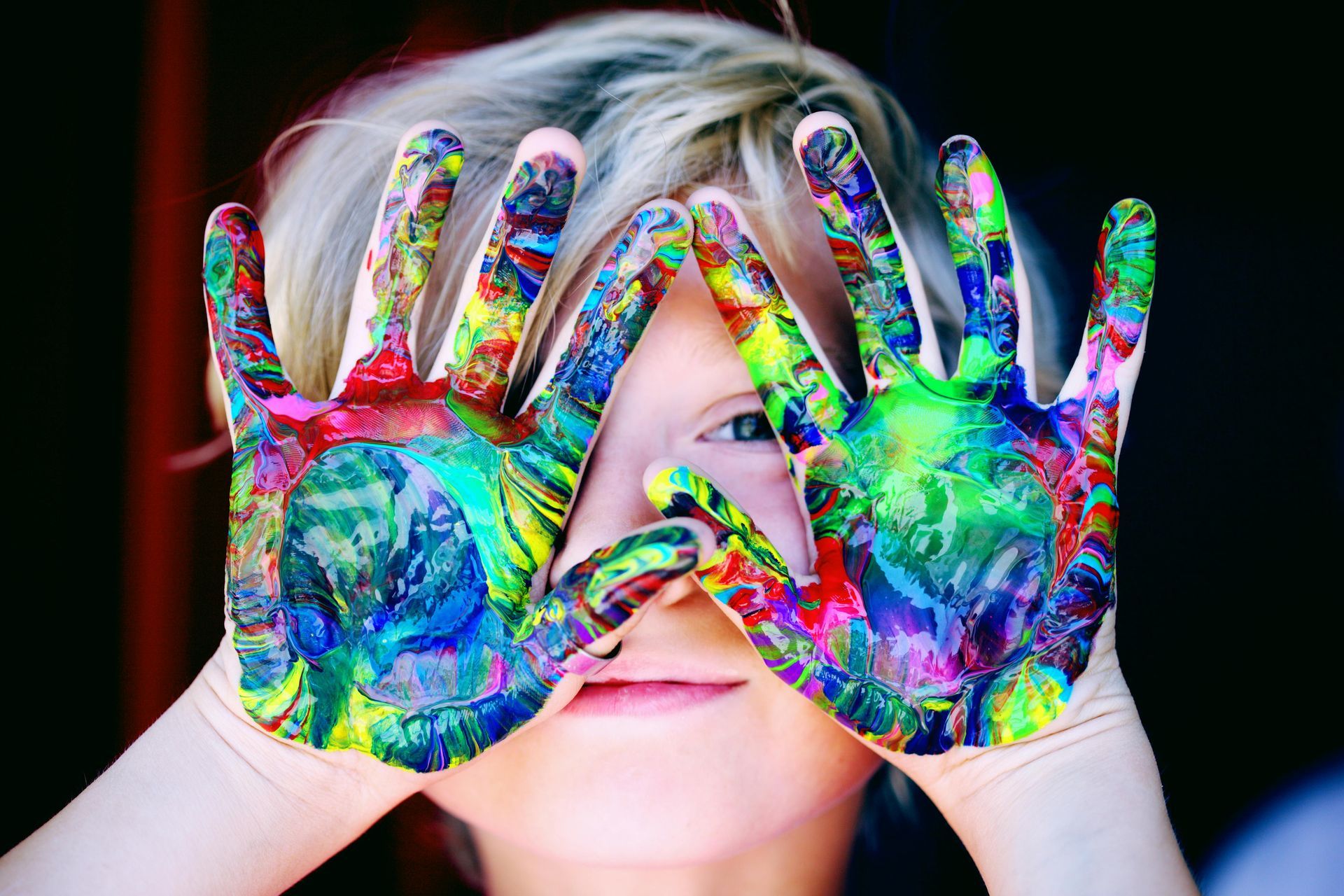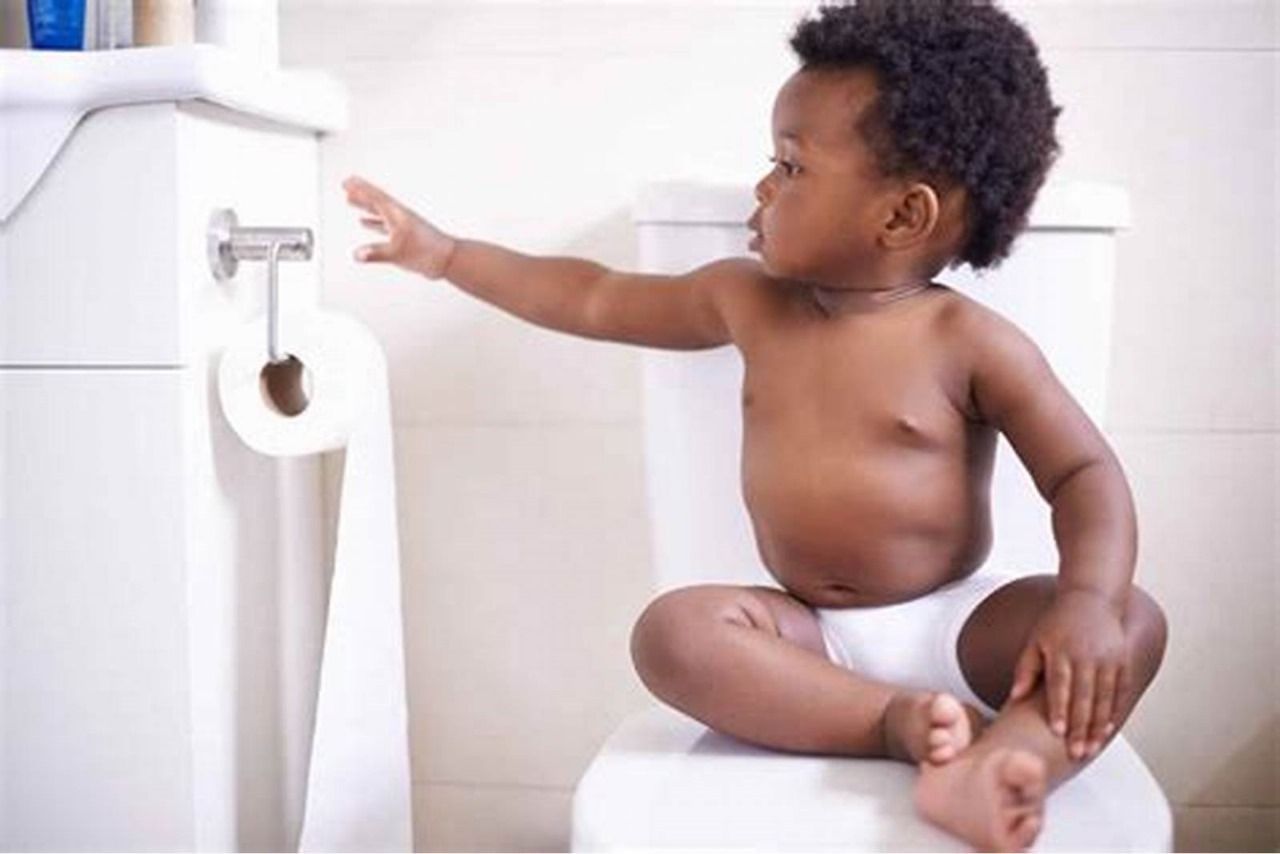KEEPING UP TO sPAED
Healing childhood trauma
"He who has health has hope, and he who has hope, has everything."
Arab Proverb
A heavy subject like this may carry a few assumptions, the most likely being that childhood trauma is an indictment of one’s parents—an understandably difficult notion with which to contend when one loves and respects their parents. Another likely assumption is an almost-reflexive instinct that says, “this cannot possibly apply to me; after all, I am a high-functioning individual”.
It may therefore be surprising to learn that even people who grew up in loving homes could have experienced childhood/adolescent trauma. In fact, the research suggests that more than 70% of adults have experienced some kind of traumatic event at some point in their developmental years (this includes physical, emotional and psychological stressors). It may be induced by a myriad of factors: schoolyard bullying; excessive criticism or unyieldingly high expectations, especially at the hands of a parental figure, teacher, or religious leader; body shaming, even when framed as “harmless” teasing or commentary by agemates or elders; corporal punishment at home or school; social or cultural alienation for children who are raised in multiracial/multicultural homes or have lived in multiple places where they are perceived as being different; the material deprivation/precarity brought on by poverty; sexual harassment or assault; the strain of separated/divorced parents; the loss of a loved one; a parent with undiagnosed mental health illness… in short, anything that may lead a developing mind to experience a prolonged sense of unsafety, non-belonging or shame. When these stressors occur in our developmental years, they often exist alongside the belief that something is intrinsically “wrong” with us and/or our adult caregivers cannot be reliably trusted to protect us physically or emotionally. This type of developmental trauma disrupts brain development, modifies the stress response threshold, and has been found to be the highest predictor of interpersonal relationship challenges in adulthood.
When a young person’s most fundamental need for physical & emotional safety isn't met, they adapt to protect themselves in ways that may include extreme reactivity to stimulation, a heightened sense of vulnerability, and avoidant/anxious attachment styles. Other manifestations of the impact of childhood trauma include substance misuse, dependency or abuse; difficulties with anger & stress management; and chronic anxiety, dissociation, or avoidance. Seemingly “opposite” manifestations are just as damaging: perfectionism (nothing is ever “good enough”), obsessive compulsive behaviour, or a tendency to always suppress emotions and/or one’s identity in favour of achievement.
"Children don’t get traumatised because they are hurt.
They get traumatised because they are alone."
Dr Gabor Matepagated
Certain protective genes can be ‘silenced’ via epigenetic mechanisms, predisposing us to autoimmune diseases, cancers and mental health pathology and—given their genetic encoding—these vulnerabilities may be subsequently passed on to our children (which is one biological pathway via which generational trauma may be propagated).
We study and discuss the effects of childhood trauma not to cause undue alarm for parents who often are already understandably overwhelmed, but to underscore the importance of healing childhood trauma among adults and preventing it among children. Unlearning trauma-associated maladaptive mechanisms in adulthood is not easy, but it is doable—and it is extremely important to
undertake this work wherever possible because acknowledging and addressing childhood trauma is the most reliable way to equip us to protect the children in our care from similarly traumatic exposures. There are many pathways to healing, including psycho- & somatic therapy techniques, or self-led re-education through the intentional consumption of relevant books and other content. Through these treatments, we are able to enhance our self awareness of why we do or think certain things and how that informs who we are. This allows for a less-fragile perception of self and our relative [social] safety, which will empower us to relate to ourselves and each other with more compassion and— critically—parent children as whole and healed individuals.
Myth busting
- Going to therapy is not a sign of weakness. but rather a brave step to getting help, like we so easily do for bodily ailments. Healing can take place without direct confrontation of the person(s) who caused harm.
- Self-kindness is not indulgence, but rather a necessary virtue to allow true kindness to others.



